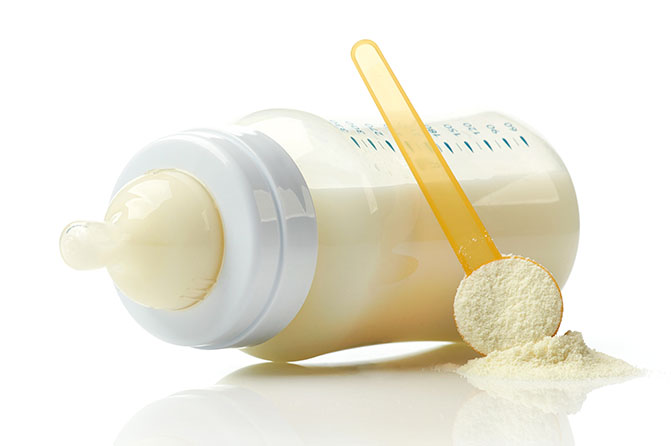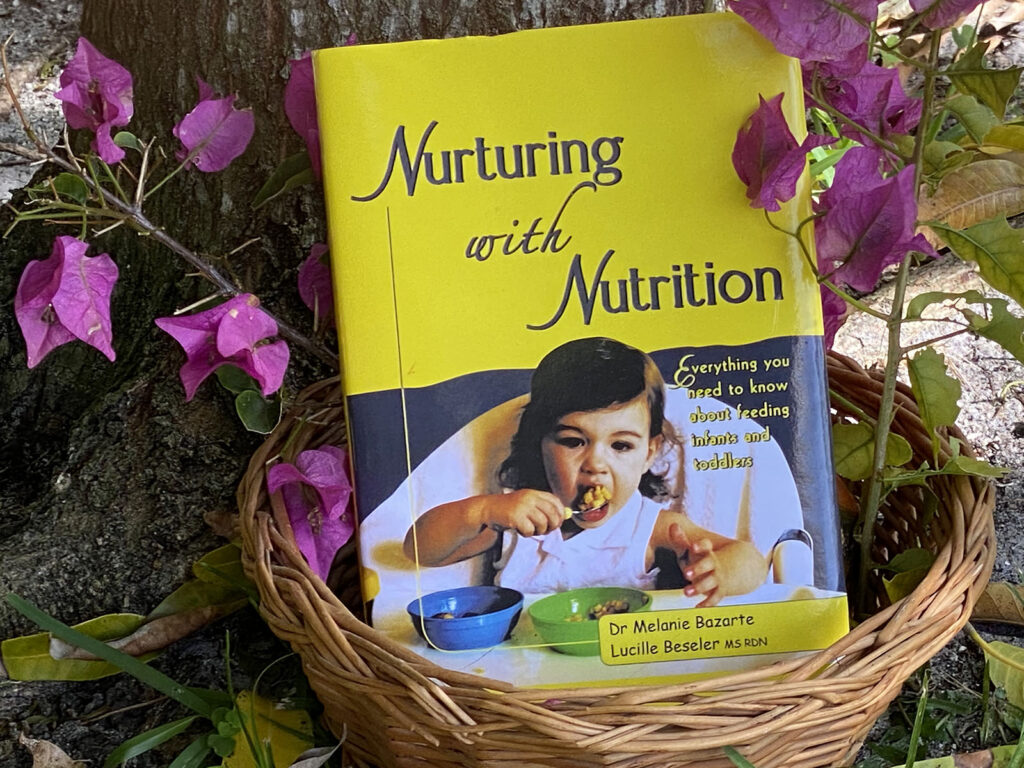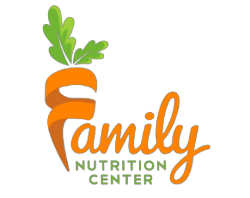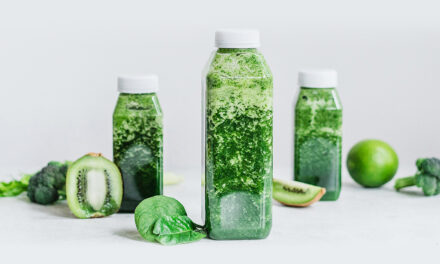The shortage of infant formulas have parents scrambling to understand what and how to feed their baby. Here is a guide to feeding babies.

The NEVER EVERS of BOTTLE FEEDING
- Never ever dilute formula to slow down your baby’s weight gain.
- Never ever concentrate formula to make a Baby gain weight faster unless directed by pediatric healthcare professional.
- Never ever mix food with formula or breastmilk and put it in Baby’s bottle unless directed by your pediatric healthcare provider.
- Never ever enlarge holes in a bottle just to make the formula flow faster (Baby may choke).
- Never ever allow Baby to take a bottle to bed
- Never ever give water to infants under 6 months (babies can dehydrate on water).
- Never ever reuse formula left at room temperature longer than 2 hours or left refrigerated longer than 8 hours.
- Never ever combine old and fresh formula in the same bottle.
NON-RECOMMENDED MILKS
The following milk and milk products are not recommended for babies.
Cow’s Milk. Can be introduced at 12 months or older:
• Has twice as much sodium, three times as much phosphorus, and up to three times as much protein as breastmilk or infant formula – each too difficult for an infant’s immature kidneys to process
• Has a large, hard-to-digest protein curd
• Doesn’t have enough zinc, iron, or vitamins E or C to sustain Baby’s rapid growth
• Doesn’t have enough essential fatty (linoleic) acids for brain and nerve development
• Is a poor source of iron (After the first birthday, Toddler will be eating iron-rich solid foods to prevent iron deficiency anemia.)
• Can cause microscopic intestinal bleeding, which can lead to iron-deficiency anemia
Skim Milk
• Doesn’t have enough fat for babies
Goat’s Milk
• Has too much protein
• Doesn’t have folic acid for babies; can cause iron-deficiency anemia
Evaporated Milk never use for babies or toddlers:
• Has too much protein, which can cause dehydration
Commercial Soy Milk can be used at one year if indicated due to cow’s milk allergy:
• Doesn’t have enough fat for babies
Rice Milk or Almond Milk never use during critical periods of growth and development:
• Doesn’t have enough fat or protein for babies
DO:
- Accept breast milk from a milk bank.
- Choose another brand of infant formula other than Baby’s usual brand. Make sure it is FDA-approved.
If your baby is 6 months and older for now concentrate on complementary foods that meet the nutrition needs and calories.
- Use baby yogurt or baby yogurt drinks indicated for 6 months and older – THIS IS NOT A COMPLETE REPLACEMENT BUT WILL PROVIDE CALCIUM AND VITAMIN D.
Feed Baby 3 times per day of the following foods:
- Baby yogurt drinks are accepted at 6 months of age.
- Protein sources: meat, fish, poultry, eggs, beans
- Fat sources: small amounts of fat can be added to food (1/8 teaspoon) for essential fatty acids: corn oil, and flaxseed oil. Best fat to use for Essential fatty acids and DHA: Baby DHA supplements
- Carbohydrate sources: cereal: baby cereal rich in iron, rice, pasta, and bread. Fruit and Vegetables for various vitamins and minerals
These guidelines can all be found in the chapters of “Nurturing with Nutrition” A guide to feeding infants and toddlers.
Contact Family Nutrition Center to schedule an appointment with our Registered Dietitians or purchase a copy of Nurturing with Nutrition. Let us help you meet your health and nutrition goals.





